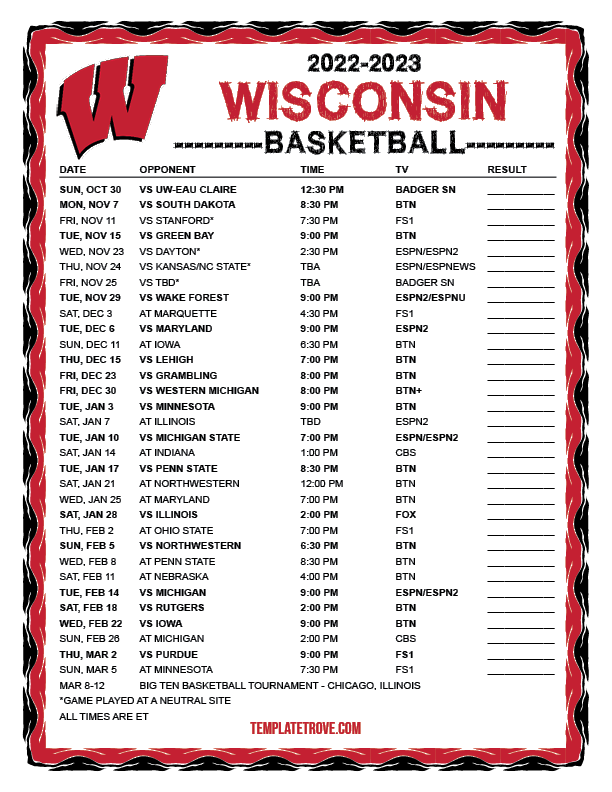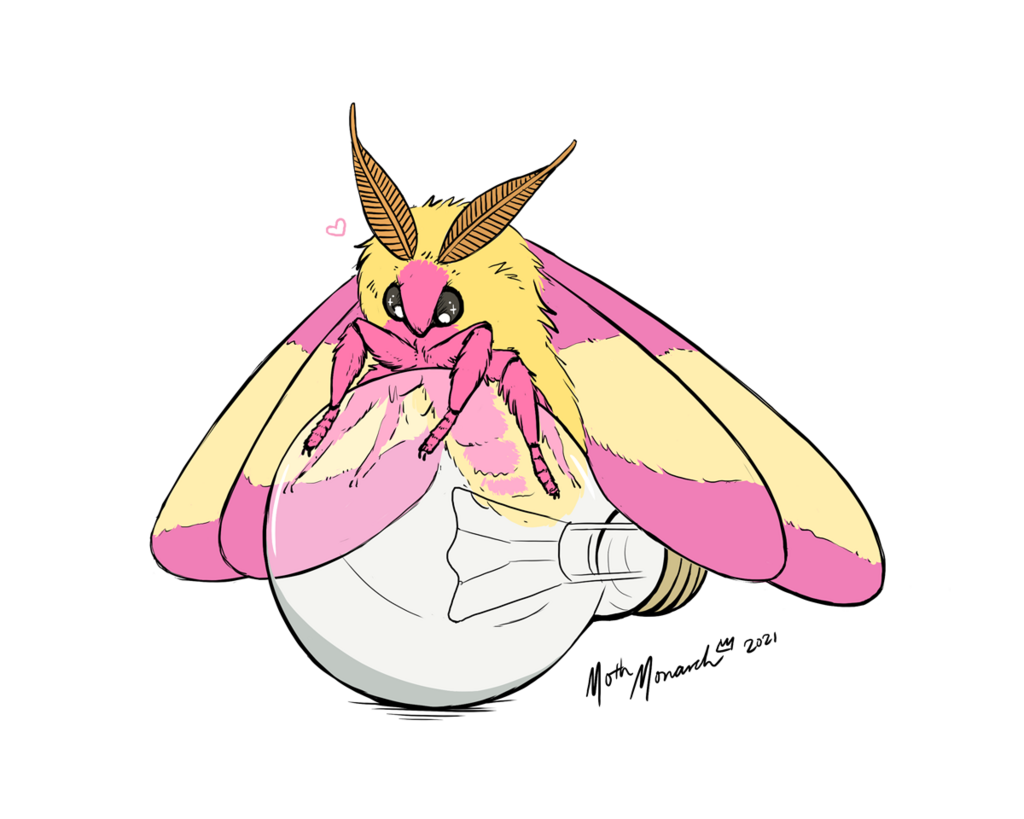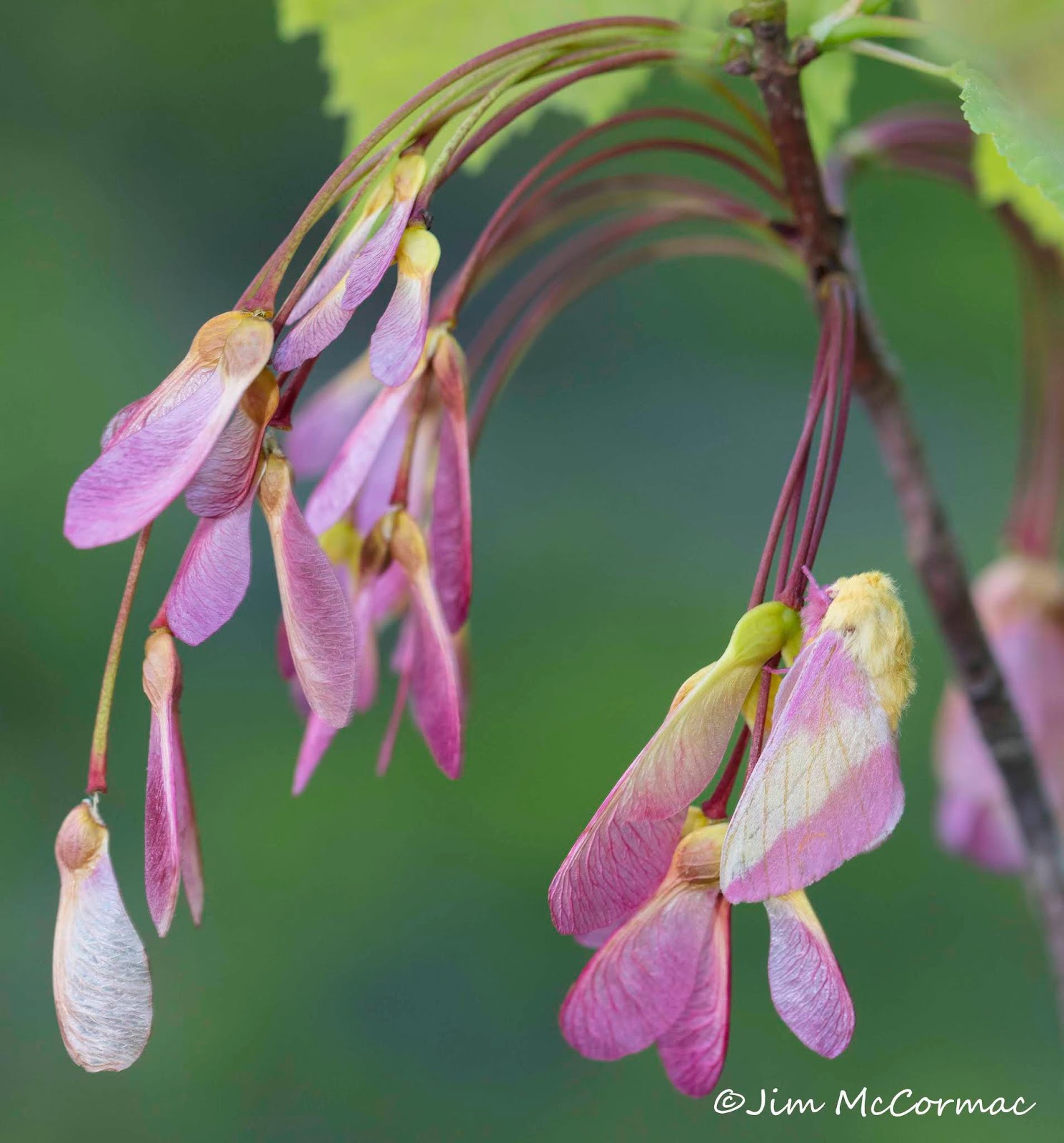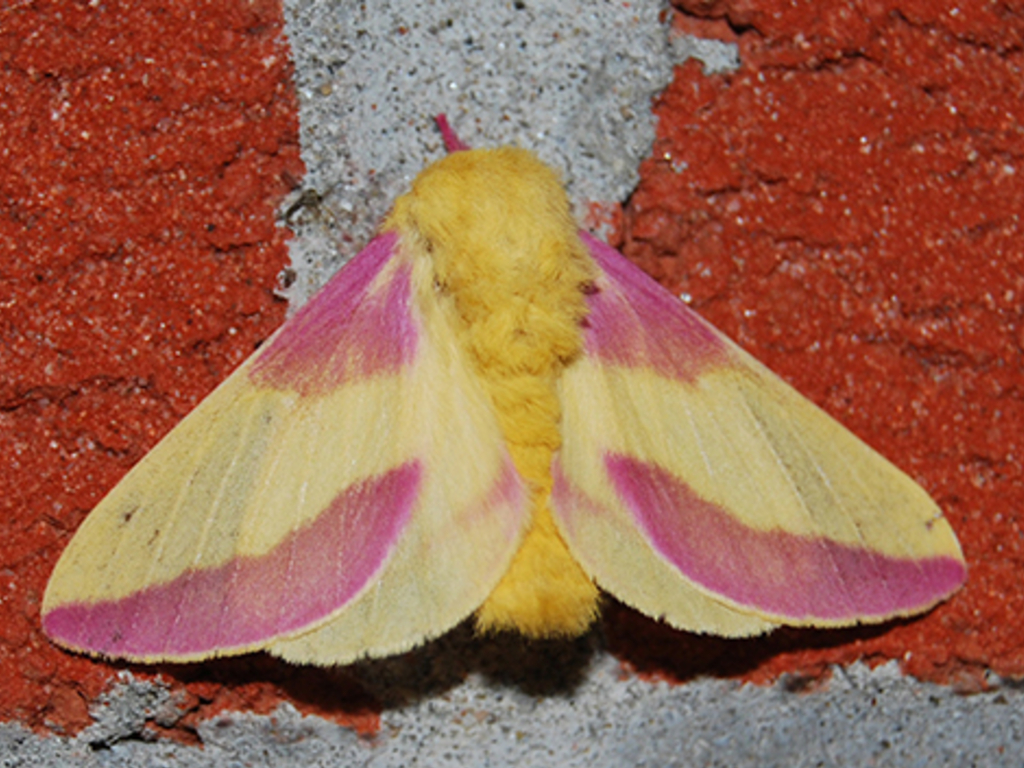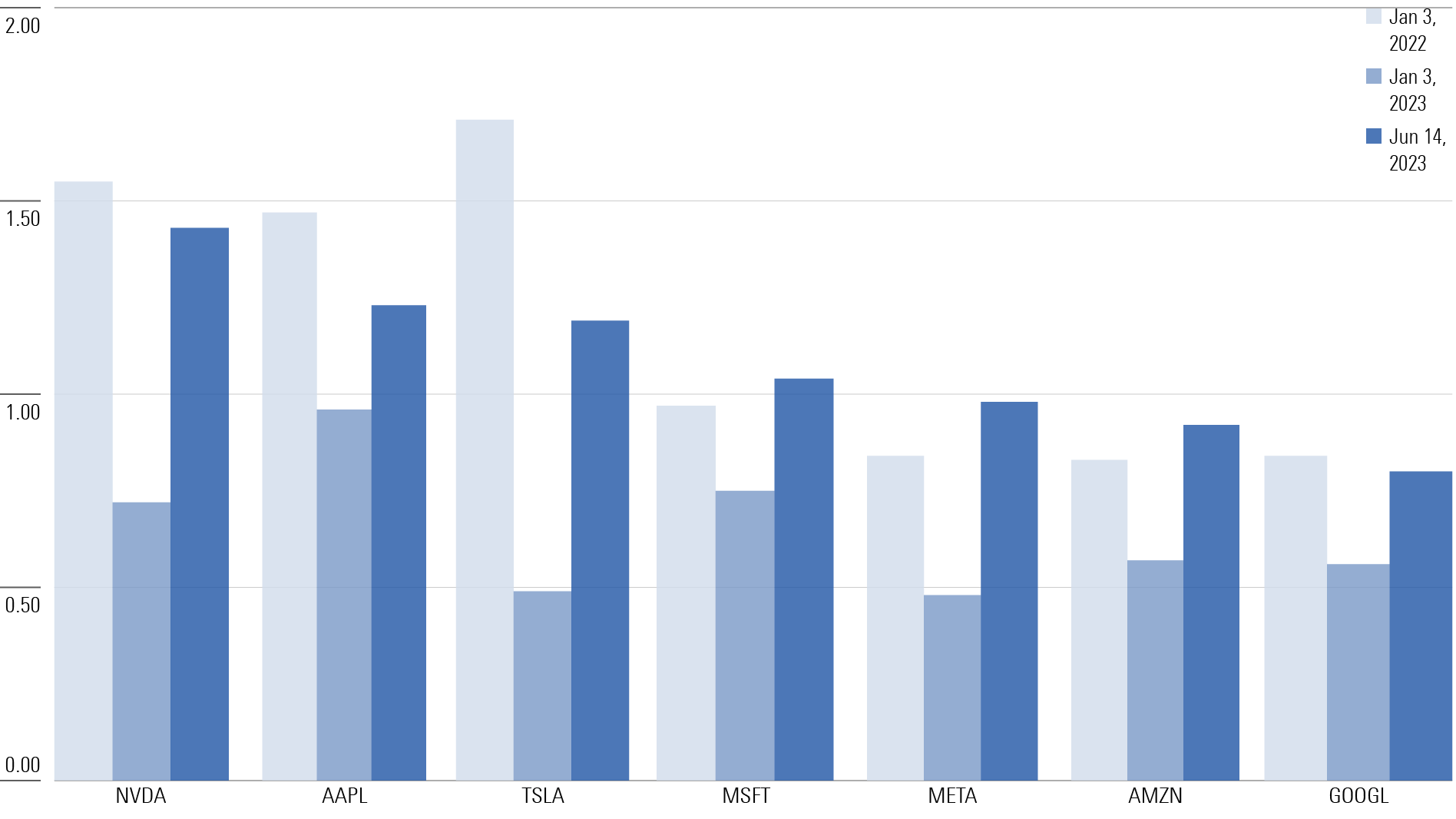How to Stop Post Nasal Drip Immediately: Effective Solutions and Tips

Post nasal drip can be an annoying and disruptive condition that affects many people. It occurs when excess mucus accumulates in the back of the nose and throat, leading to a persistent cough, sore throat, and an overall uncomfortable feeling. If you’re looking for ways to stop post nasal drip immediately, this article provides comprehensive insights and practical solutions to help you find relief quickly.
Key Takeaways
- Identifying the underlying cause of post nasal drip is crucial for effective treatment.
- Immediate relief can be achieved through home remedies and over-the-counter medications.
- Long-term prevention involves lifestyle changes and addressing environmental factors.
Understanding Post Nasal Drip
Post nasal drip is a common condition where excess mucus from the nasal passages drips down the back of the throat. This can lead to a variety of symptoms including a persistent cough, sore throat, and a constant need to clear the throat. Understanding the underlying causes is essential in determining how to stop post nasal drip immediately.

Common Causes of Post Nasal Drip
There are several potential causes of post nasal drip, including:
- Allergies: Allergic reactions to pollen, dust, and pet dander can lead to increased mucus production.
- Infections: Sinus infections and colds often result in post nasal drip.
- Environmental Irritants: Smoke, pollution, and strong odors can irritate the nasal passages.
- Weather Changes: Cold, dry air can cause the nasal passages to produce more mucus.
- Dietary Factors: Spicy foods and dairy products can sometimes exacerbate mucus production.
Immediate Relief for Post Nasal Drip
When you’re seeking immediate relief from post nasal drip, there are several strategies you can try:
Home Remedies
- Stay Hydrated: Drinking plenty of fluids helps thin mucus, making it easier to expel.
- Saline Nasal Rinse: Using a saline solution can help clear out excess mucus and allergens.
- Steam Inhalation: Inhaling steam from a bowl of hot water can soothe the nasal passages and loosen mucus.
- Honey and Lemon: A warm drink of honey and lemon can soothe the throat and reduce irritation.
Over-the-Counter Medications
- Decongestants: These can help reduce nasal congestion and mucus production.
- Antihistamines: Useful for allergy-related post nasal drip, they can reduce mucus production.
- Nasal Sprays: Saline or medicated sprays can help alleviate symptoms quickly.
Preventing Post Nasal Drip
While immediate relief is important, preventing future occurrences of post nasal drip is equally crucial. Here are some strategies to consider:
Lifestyle Changes
- Avoid Triggers: Identify and avoid allergens and irritants that exacerbate your symptoms.
- Maintain Humidity: Use a humidifier to keep the air moist, especially during dry seasons.
- Dietary Adjustments: Monitor your diet and reduce intake of foods that increase mucus production.
Medical Treatments
If home remedies and over-the-counter medications aren’t effective, consult a healthcare professional for further evaluation. They may recommend:
- Prescription Medications: Stronger antihistamines or decongestants may be necessary.
- Allergy Testing: Identifying specific allergens can help in developing a targeted treatment plan.
- Surgery: In rare cases, surgery may be required to correct structural issues in the nasal passages.
Post nasal drip can be a bothersome condition, but with the right approach, it can be managed effectively. By understanding the causes and implementing immediate relief strategies, you can alleviate symptoms quickly. Additionally, adopting preventive measures will help reduce the likelihood of future episodes. If symptoms persist, it’s important to seek medical advice to rule out any underlying conditions. Remember, the key to stopping post nasal drip immediately lies in a combination of quick relief tactics and long-term prevention strategies.

